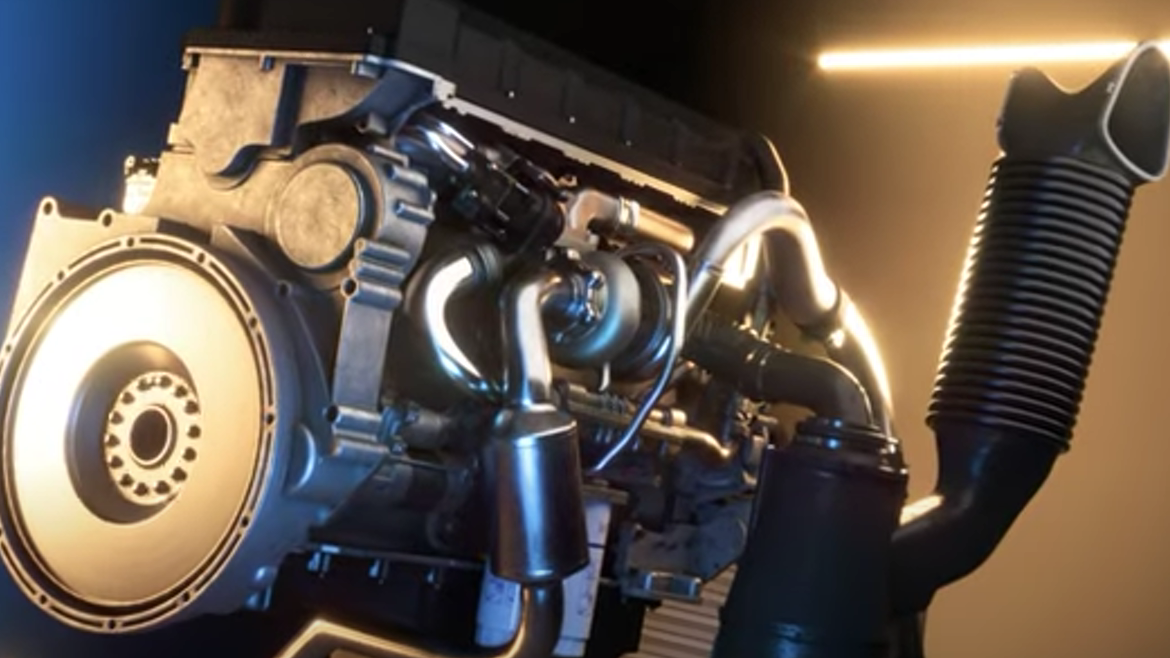In an effort to reduce the dependency on imported oil, deliver a higher degree of energy security and address critical environmental concerns, countries across the globe are mandating that more bio-content be used in diesel fuels.
With the passage of the B30 mandate, for example, Indonesia has increased its bio-content significantly and is currently using 30% palm oil content in its fuels. Similar initiatives have been implemented across Southeast Asia, including Thailand, Malaysia and the Philippines.
European nations are also jumping on board as legislative changes are driving higher bio-content diesel.
While the trend to use more bio-content in fuels offers obvious economic, environmental and political advantages, it does present some significant challenges for organizations that use and store bio-fuels.
The Challenge of Microbe Contamination
One of the unintended consequences of using bio-content is that it provides the perfect breeding ground for bacteria and fungi within the fuel. These organisms have the propensity to metabolize in fuels rich in bio-content. Plus, trace elements of Sulphur and Phosphorus found in this bio-content provide critical nutrients that aid in the growth of these potentially damaging microbes. To exacerbate the problem even further, the presence of higher Fatty Acid Methyl Ester (FAME) content also provides high-quality nutrients that allow the bacteria and fungi to prosper.
If the growth is left unchecked, it can turn the fuel into what amounts to sludge.
Microbial contamination can cause a wide range of serious issues, including fuel spoilage. This can lead to a variety of critical component problems such as the filter and pipework blockage, fuel injector fouling, and tank and fuel injector equipment corrosion.
Increasing the bio-content can lead to significant challenges for any company or organization and uses bio-fuels. But it is particularly challenging for industries such as mining and power generation which use stored bio-diesel.
So what can you do to meet your bio-content obligations and keep your business running clean and efficiently?
The answer, as the data suggests, is biocides.
Understanding Biocides
Fuel biocides are formulated to overcome the challenges of using bio-content diesel fuels. When added to fuel storage tanks, biocides work to kill harmful microbes, including bacteria and fungus.
Biocides have proven so effective that the Environmental Protection Agency has officially recommended its use in underground storage tanks.
The proper use of biocides is, of course, critical for success. Here are a few action items our expert team recommends to achieve the maximum protection for your valuable fuels.
- Make sure that you add the correct amount of biocide to achieve the recommended treat rate.
- Make sure the biocide you choose has been independently tested both in the laboratory and the field.
- Ask if the biocide is approved by any major manufacturers. These companies do their homework, so any endorsement can be seen as a “seal of approval.”
- Be diligent about maintenance. Infrequent tank cleaning and accumulation in water tank bottoms can quickly lead to unwanted and unnecessary outbreaks.
- Allow the diesel fuel settle to ensure that any dead microbe bodies will sink to the bottom. Also consider draining the sump to clear out any microbes.
Our View
It is highly likely that governments will continue to demand that more bio-content be used in fuels. Biocides are the best option to prevent contamination of your fuels and possible damage to your equipment. However, it’s important to remember that not all biocides will protect your assets equally. Before selecting a biocide, take the time to do your research, study the data and evaluate your options thoroughly. It will be time well spent.









